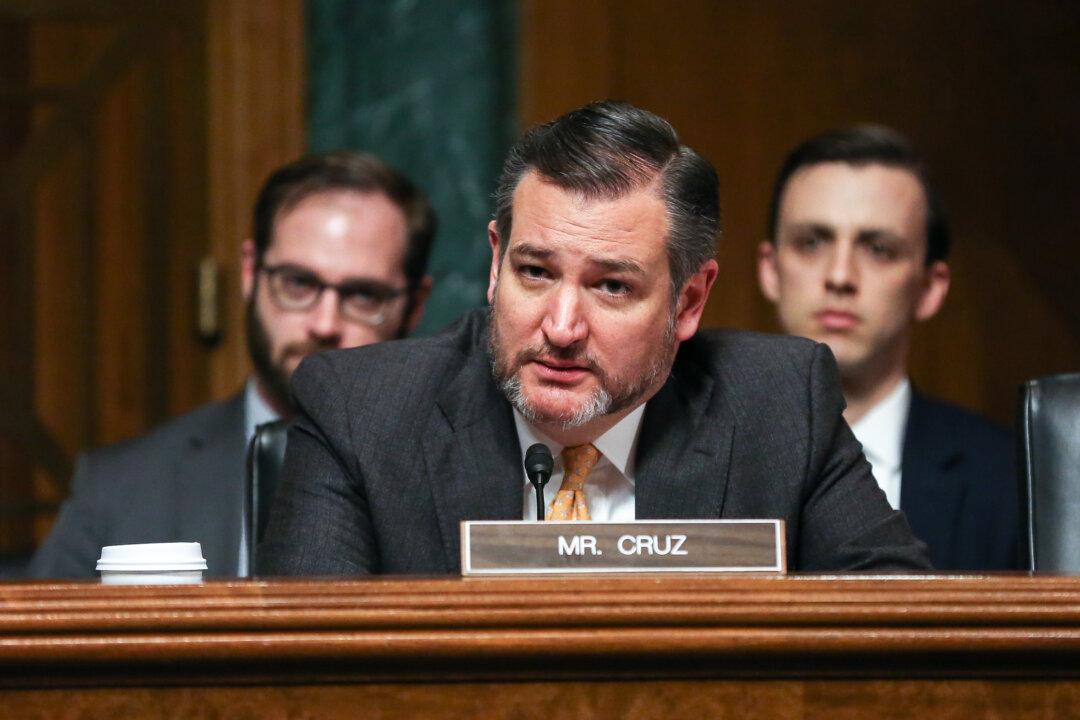WASHINGTON–Some U.S. lawmakers are trying to pass legislation that would make it harder for Chinese students and scholars to enter the United States, citing security concerns as a trade war continues between Washington and Beijing.
The members of Congress, mostly President Donald Trump’s fellow Republicans, have introduced bills that would require more reporting from colleges and universities about funds they receive from China, prohibit students or scholars with ties to the Chinese military from entering the United States or set new limits on access to sensitive academic research.





